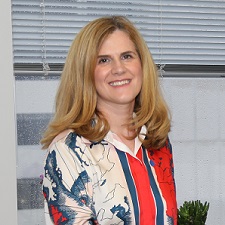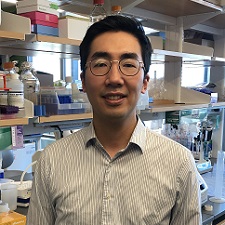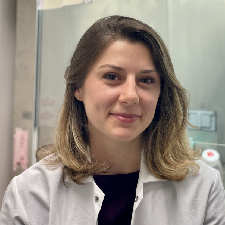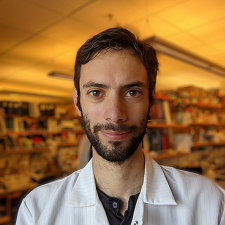Cancer cells rely on efficient uptake, conversion, and exchange of nutrients and vitamins to support their rapid growth and survival. The molecular transport channels that allow passage of nutrients between the different cellular compartments are critical for the survival of cancer cells and are thus promising as potential drug targets. However, drug discovery efforts are hampered by a lack of basic understanding of these channels' identities, functions, and regulation inside cancer cells. Dr. Kory's research aims to identify transporters central to cancer cell nutrient supply and detoxification pathways and determine their role in the emergence, survival, and aggressiveness of cancer. Her research is relevant to all cancers, but particularly pediatric, blood, and breast cancers.

Myeloid neoplasms (MN), including acute myeloid leukemia and myelodysplastic syndrome, are lethal blood cancers. The genetic mutations in the blood that lead to MN can occur years before diagnosis and maintain almost normal function before transformation. Certain mutations, including those in the gene IDH2, have been identified as high-risk for developing MN. Individuals with a reduction in the number of mature blood cells (cytopenias) who harbor acquired mutations in their blood, yet do not meet criteria for a cancer diagnosis, have a condition called cytopenias of undetermined significance (CCUS). These individuals almost invariably develop MN. Dr. Bolton will conduct a clinical trial to evaluate whether the IDH2 inhibitor enasidenib can be used as a therapy for CCUS. She will assess mechanisms of resistance and determine whether enasidenib can prevent the development of MN. This represents the first use of genetically targeted therapy for cancer prevention.

Blood stem cells, which give rise to various blood cells in the body, acquire mutations with increasing frequency as we age. In the absence of blood cancer development, this state is called clonal hematopoiesis. Up to a quarter of individuals over 60 years old will have recurrent mutations detected in their blood. Recent studies suggest that those with clonal hematopoiesis have an increased risk of developing heart disease and blood cancer, as well as increased levels of inflammatory cytokines – signaling molecules released by immune cells to promote inflammation. Dr. Kim will dissect the mechanisms underlying increased inflammation, which could provide insight into various inflammatory conditions associated with clonal hematopoiesis and potentially elucidate how clonal hematopoiesis progresses into blood cancer.

Myelodysplasia and acute myeloid leukemia are blood cancers with a poor prognosis. At the root of these malignancies are cells harboring mutant forms of proteins with dysfunctional activity which results in abnormal cell behavior and drives disease progression. The focus of my project is the development of new therapeutics that precisely identify cells with mutant forms of the proteins and, by harnessing their aberrant biological activity, causes those cells to self-destruct. These selective therapeutics will be able to kill cancer cells but leave the healthy cells intact proving more effective and having less side-effects than the chemotherapies currently in use.

Dr. Eisen [David Ryland Fellow] studies how a class of enzymes known as the Tec kinases help to activate the immune response. Two of these kinases, Itk and Btk, are remarkably similar in sequence composition and structure but play distinct roles in immune cells. Dr. Eisen is using high-throughput methods to understand the differences between these enzymes. This work will also aid in the overall molecular understanding of Btk, which is a therapeutic target of B-cell lymphoma and is inhibited by the chemotherapeutic ibrutinib.
